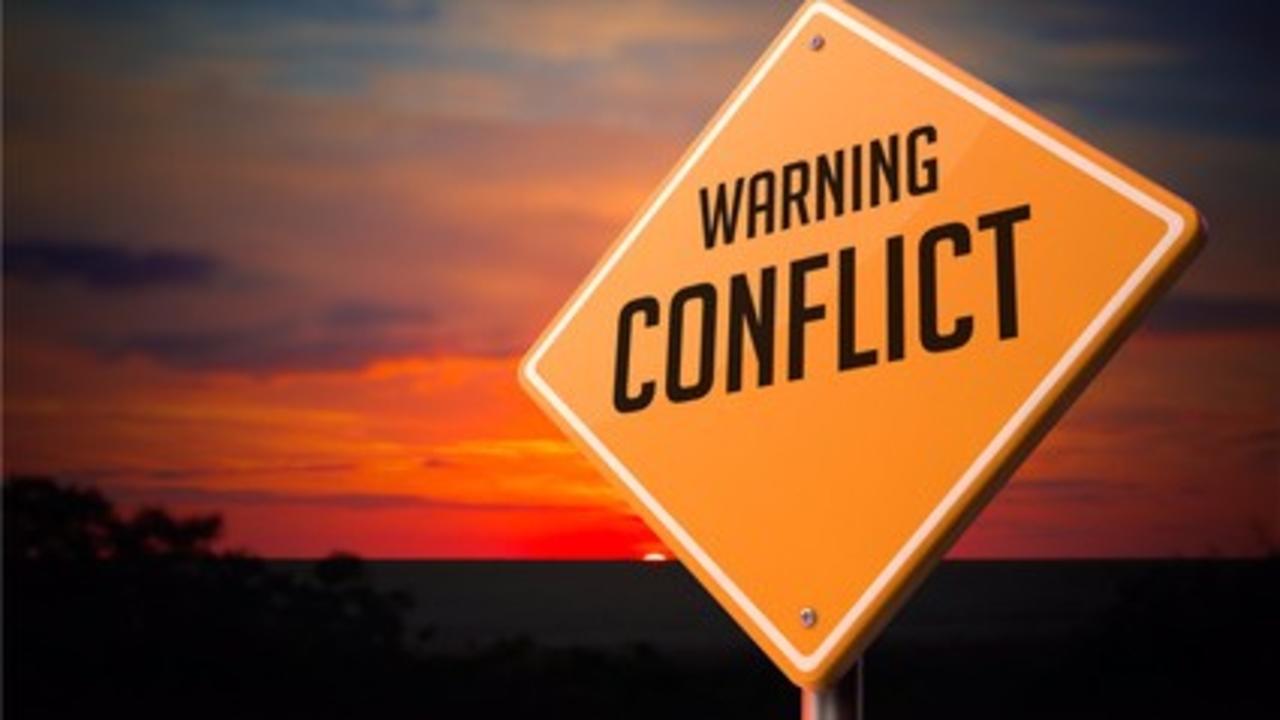Got Conflict?

Conflicts in any relationship are natural and to be expected. However, they don’t have to derail your relationship to the point of no return. If you’re having a conflict or disagreement with someone that’s important to you and you’re not sure how to resolve it or unwind it – help is here!
How you begin to “fix” a conflict has little to do with the intensity of the disagreement, who is at fault, or your feelings about what took place. It starts with having a relationship perspective: Take a moment to remind yourself that this relationship – and this person – is important to you.
If the person on the other side of the conflict is someone you value, such as your partner, your child, a colleague or your good friend, then your focus should be thinking of the relationship above the conflict. Do you want this person to be upset or unhappy? Think about how you want the other person to feel and bring a desire to find a reasonable resolution. Use that mindset as motivation to resolve the conflict.
Keep in mind that the relationships you consider important in your life could also be those that you tend to regard as constant upstream battles. For example, if you have a difficult boss, a resolution to the friction is necessary for the sake of your job because being employed is important to you. Or, if you have an unreasonable ex-spouse with whom you have to co-parent, a resolution to the infighting is necessary because the child that you both co-parent should be your priority.
Follow this simple template for addressing conflicts:
1. If possible, have the conversation at a time that is good for both of you, when you’re both available to talk for a few minutes. Check in and ask if the timing is good.
2. Begin by stating Step #1: “I want to get along with you,” or something that’s positive about the relationship. For example, you might say, “I know this relationship is important to both of us,” or “Mr. Jones, I want you to know that my job is very important to me,” or “I do care about your feelings, even though it may not seem that way to you.”
3. Then, own your part in the conflict, be sincere and focus your desire to make things better. You can say something such as, “I’m sorry I hurt your feelings,” or “You’re right, I should’ve spoken to you before I handed in the report,” or “If you felt that I was rude last night, I apologize for my behavior.” Taking responsibility is the first step toward changing the energy between you and the other person, and seeking a possible resolution of the conflict. (This is Step #3 of the Relationship Protocol!)
4. Finally, state what you would like to see happen. “I hope that you forgive me and we can move past this,” or “I will not let that happen again,” or “Please accept my apology; our relationship is important to me and I don’t want to fight with you.” Let them know you take ownership of your part in the conflict and that you want the relationship to move past it, if possible.
5. Try not to get frustrated. Sometimes things don’t move as quickly as we wish they would. Be a good listener and bring a little patience too.
When you begin by addressing what the other person is feeling or what is upsetting them, you are demonstrating that he or she is important to you and that the relationship is important to you. This also makes the other person less apt to be defensive and more inclined to listen to you.
